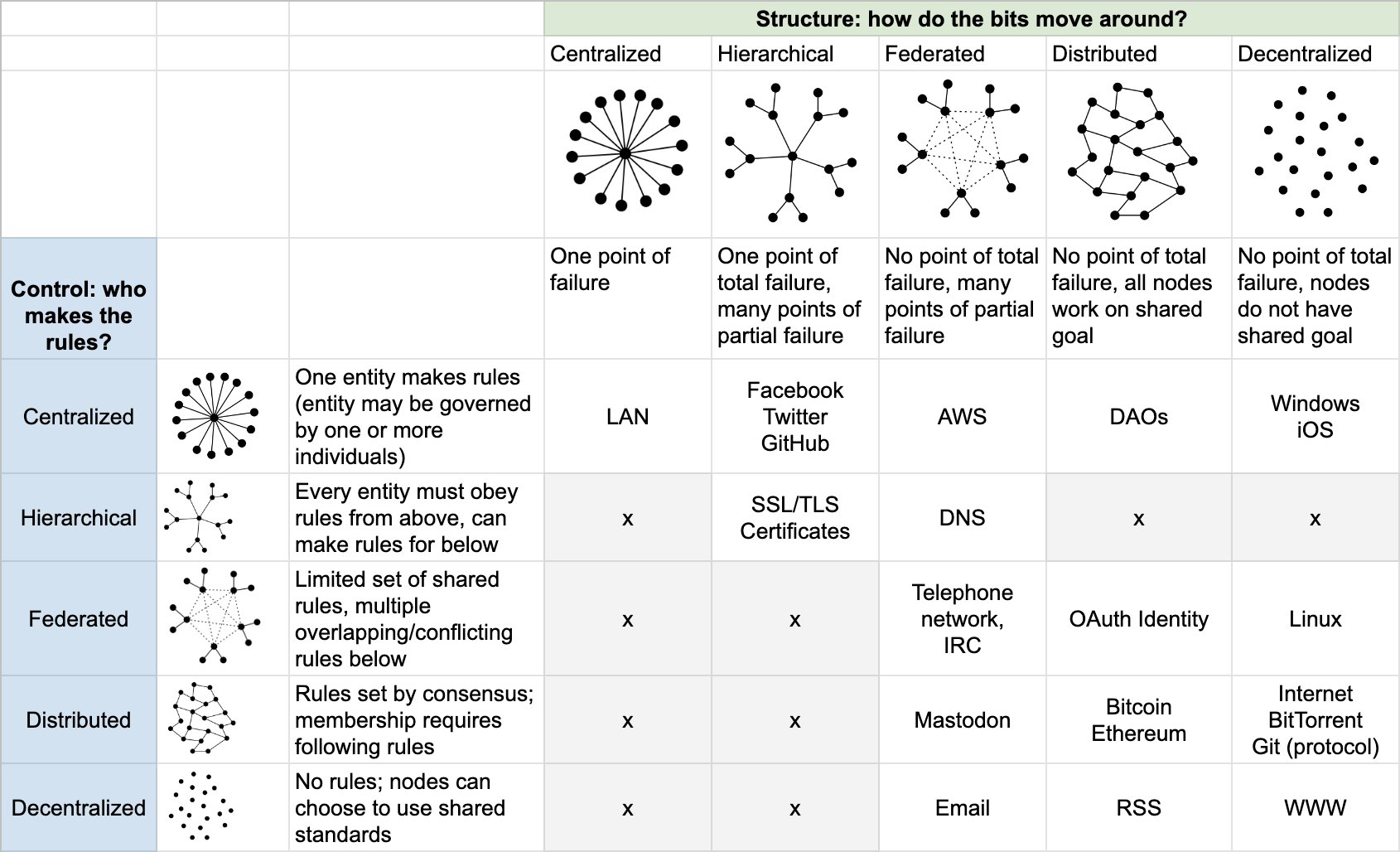Spanish to English translation by Google with some grammar/readability adjustments by Keith Taylor.
Hortensia, True Story
In the city of Cumaná, Sucre state, Venezuela. Faithful witness to the story of Hortensia, a woman who was held captive for 40 years in a house by her husband, Fernando Inserny.
Hortensia Maestrucci, a young woman who lived in the state of Bolívar, where she was born and grew up for a time, arrived in the city of Manzanares with her boyfriend Fernandito Inserny. Once she arrived in the city, her stay was comfortable and good for the first few months. It is said that she was a very pretty young woman who attracted the attention of many men, due to her beauty and innocence. Her boyfriend, Fernando, was the owner, at that time, of many businesses. Owner of luxurious cars at that time, an icon in the city of Cumaná. He was a descendant of a militant family of Christian democracy, a man with many things around him, among those women. Some time later, she began to feel jealous and put things in Hortensia's head, saying that if she went out on the street, the communists would take her. Things that were a lie but since she was an innocent young woman she believed her and agreed to her confinement. That's how the young woman spent her days, months, and even years. To be more exact 40 years.
This event occurred, especially near Plaza Ribero, on Úrica Street in Cumaná. During that time, she was fed through the slots in the door of the room where she was. There she was tied the entire time without making any noise so that the communists would not hear her and take her away. After 40 years locked up, she was discovered. There are two versions:
- It is said that there were some children playing on the street, and they heard Hortensia crying.
- And another that the neighbors warned that thieves had broken into that house.
It was at that moment when the community looks out and realizes it. They immediately call the competent authorities to investigate the case. At the time of her departure, Hortensia looked very bad. She was extremely skinny, with super long nails, and hair that reached almost her size. Very old, she had a bad smell. She was taken out of the house around 5 in the afternoon, covered and in the arms of a police commissioner. The people and everything caused her some discomfort and hurt Hortensia's eyesight, since she had been without sunlight for 40 years.
After 2 years from her release, Hortensia dies. The story of this woman who moved the city of Cumaná transcended through the years and will remain in the memory of those who lived that time. How someone manages to harm another person of that magnitude, all their years of life lost due to be locked-up.
What name could we give to this story?

